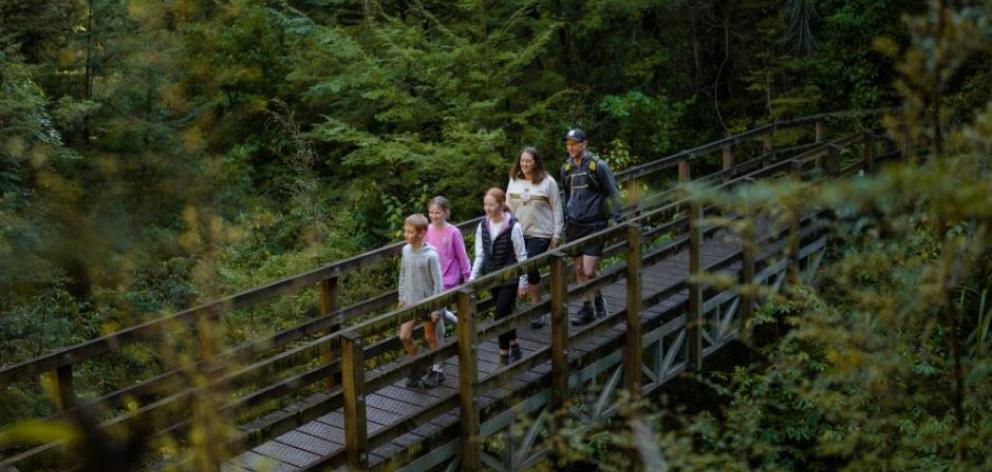

Dobbie said the cost of providing additional infrastructure such as toilets and rubbish bins was largely borne by ratepayers.
‘‘We appreciate visitors bring money into the local economy and sometimes we need to do things infrastructure-wise to support that.
‘‘We don’t necessarily want that to be borne by ratepayers, but the cost has to be picked up somewhere.’’
While local ratepayers may not use the public toilets or rubbish, there were benefits with visitors spending money in the local community and improved environmental outcomes.
Local Government New Zealand took the opportunity to promote its message of the need for alternative funding tools, during last week’s local government conference in Wellington.
A number of councils have been calling for accommodation and tourism levies, with a recent opinion poll suggesting there was public support.
But Dobbie said accommodation and tourism levies would provide limited benefit in Hanmer Springs and he preferred raising the International Visitor Levy, which charged visitors at the border.
‘‘If you just take the money where the tourists sleep, does that really enhance tourism infrastructure overall.’’
Alternatively, a levy collected at the border could be distributed where it was needed or where there were opportunities, he said.
The Mackenzie District Council increased its rates by one per cent so it could clean its public toilets twice a day.
Dobbie said a bed tax might make little difference as few of those visitors may stay the night in the district.
Tourism Minister Matt Doocey said Tourism New Zealand was reviewing the International Visitor Levy and an announcement would be made soon on whether it will be increased.
While the levy was set $35 per visitor, options were being considered to increase it to as much as $100 per visitor.
The levy did not apply to Australians or Pacific Islanders.
Doocey said he was aware there was strong support for an accommodation levy, but the Government had yet to make a decision.
He said the Government had an ambitious agenda to double export earnings.
‘‘Tourism is our second biggest export earner, so there is potential for growth.
‘‘I have tasked Tourism New Zealand with increasing earnings by $5 billion.’’
He said this could be achieved by increasing visitor numbers during off-peak periods when tourism infrastructure was ‘‘under-utilised’’.
By David Hill, Local Democracy Reporter
■ LDR is local body journalism co-funded by RNZ and NZ On Air.













